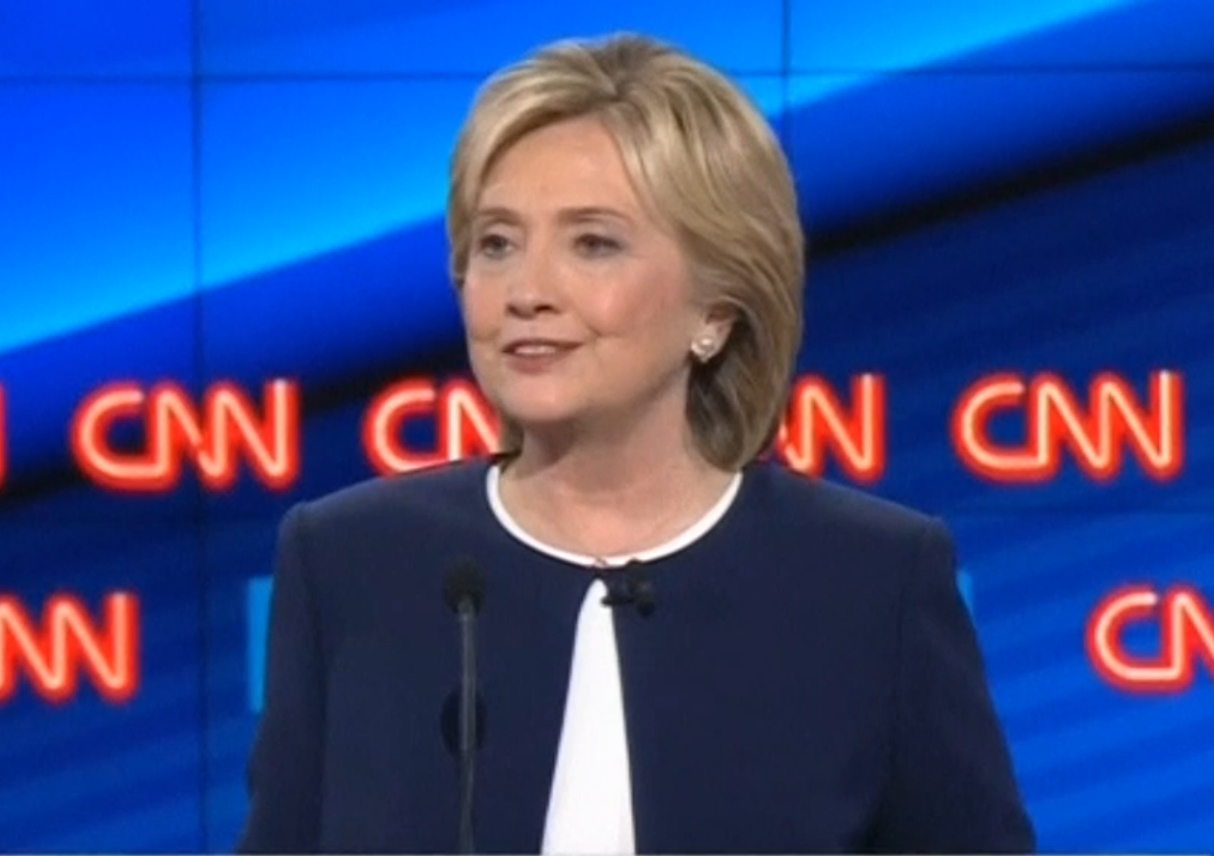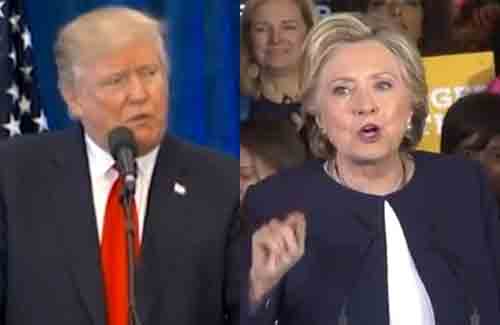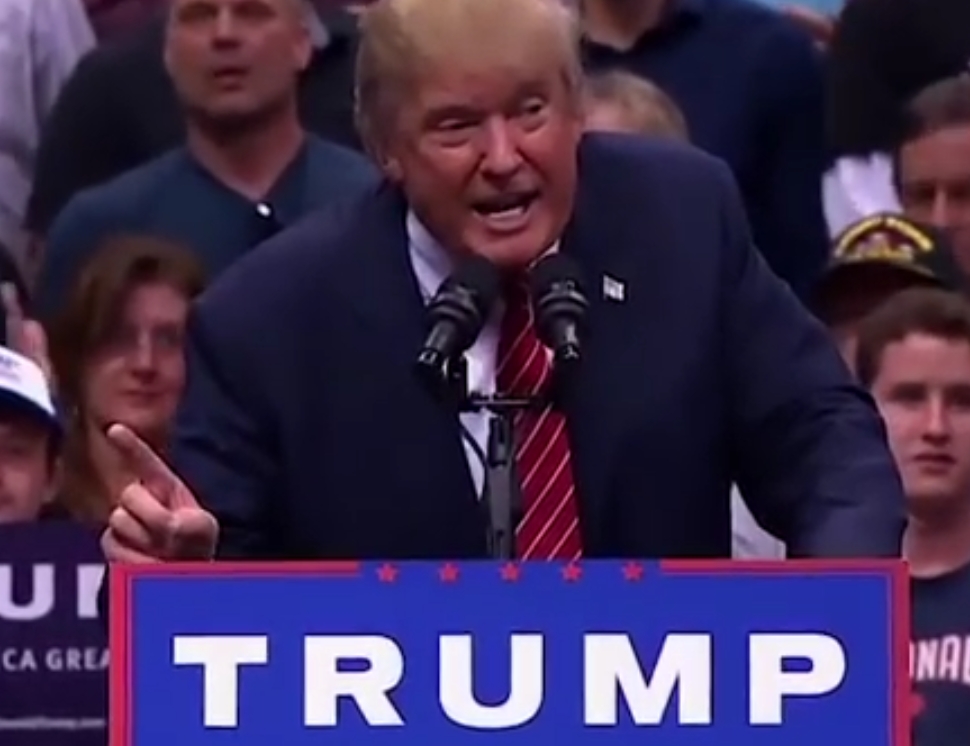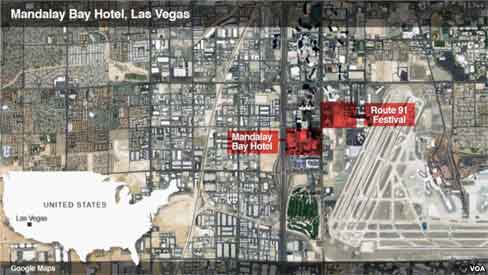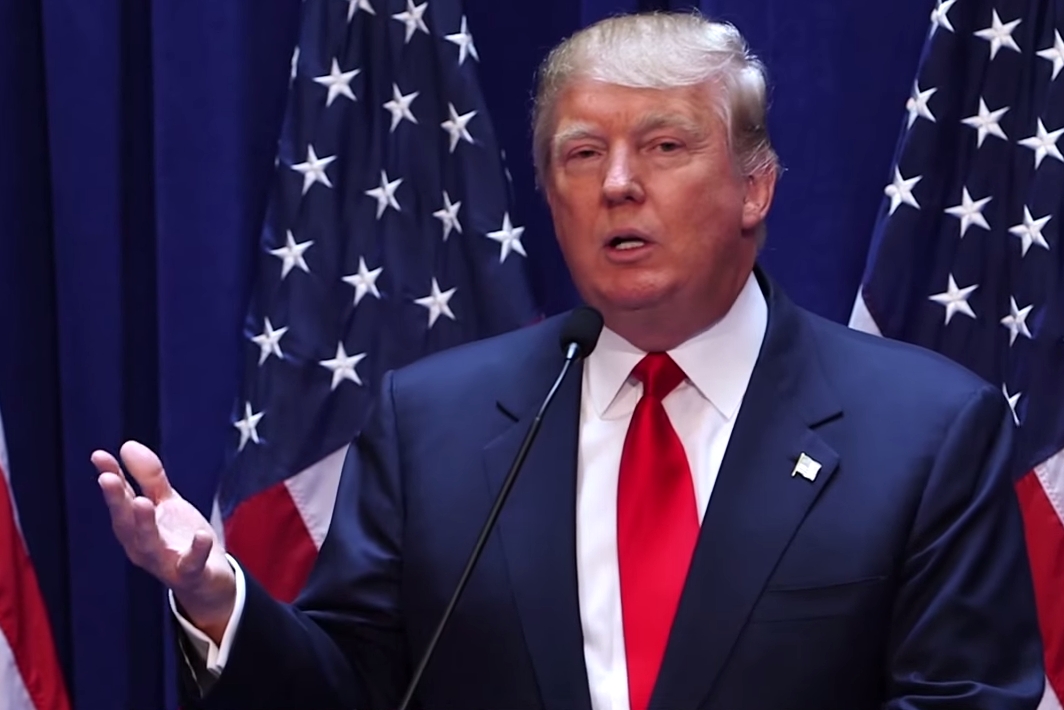
WASHINGTON—Ex-Secretary of State Hillary Clinton and Vermont Senator Bernie Sanders dominated the Democratic Party’s first presidential debate of the 2016 campaign, largely preserving their status as the party’s frontrunners, according to some analysts.
Clinton and Sanders, who were joined by three lesser-known candidates during the two-hour debate at a Las Vegas casino Tuesday, clashed over issues including gun control, economic policy, and the role of the U.S. military overseas.
But early in the debate, the rivals were able to find unexpected common ground over Clinton’s use of a private email server during her time as secretary of state, an issue that has become a persistent distraction for her campaign.
Sanders: Voters ‘tired’ of email scandal
“Let me say something that may not be great politics,” Sanders said. “But I think the secretary is right, and that is that the American people are sick and tired of hearing about your damn emails.”
Clinton, who has apologized for the matter, again acknowledged that using private email “wasn’t the best choice.” But she also attempted to portray the congressional committee investigating the matter as partisan.
“This committee is basically an arm of the Republican National Committee,” said Clinton. “It is a partisan vehicle, as admitted by the House Republican majority leader, Mr. McCarthy, to drive down my poll numbers.”
Clinton: Sanders not tough enough on guns
The two frontrunners sparred over gun control, an issue that has again come to the forefront of political discussion following several recent mass shootings.
When asked if she thought Sanders has been “tough enough on guns,” Clinton responded, “No, not at all,” noting Sanders’ congressional votes against federal background checks for gun purchasers.
Sanders defended his record, saying he supports tougher background checks and better mental health services, and pointing out that he received “D-minus” voting record from the National Rifle Association, the powerful gun rights lobbying group.
The issue of gun control in recent weeks has appeared to emerge as an area of political vulnerability for Sanders, who has otherwise attempted to run to the left of Clinton, in an effort to appeal to the more liberal wing of the Democratic Party.
Clash over capitalism
Pressed by the moderators on whether his liberal views make him too extreme to win a general election, Sanders responded with his usual rant against growing economic inequality and what he sees as the outsized influence of the wealthy elite.
He also pointed to Scandinavian countries – specifically, their universal health care and generous worker benefits – as a model for government practices he would like to see.
“I think we should look to countries like Denmark, like Sweden and Norway, and learn from what they have accomplished for their working people,” he said.
Clinton replied that while the U.S. sometimes “needs to save capitalism from itself,” America is much different from Scandinavia.
“I think what Senator Sanders is saying certainly makes sense in the terms of the inequality that we have. But we are not Denmark.
“I love Denmark. We are the United States of America. And it’s our job to rein in the excesses of capitalism so that it doesn’t run amok and doesn’t cause the kind of inequities we’re seeing in our economic system,” she said.
Foreign policy
Another area of disagreement was Middle East policy. Sanders in particular took aim at Clinton for her congressional vote to authorize the 2003 U.S. invasion of Iraq, a conflict that he called “the worst foreign policy blunder in the history of this country.”
Sanders said he opposes placing U.S. troops in Syria, where Washington is leading a coalition to fight the Islamic State group.
“We should be putting together a coalition of Arab countries who should be leading the effort. We should be supportive, but I do not support American ground troops in Syria,” he said.
“Well, nobody does. Nobody does, Senator Sanders,” interjected Clinton.
No breakthrough for others
Clinton and Sanders were joined on stage by former Maryland Governor Martin O’Malley, former Virginia Senator Jim Webb and former Rhode Island Governor Lincoln Chafee.
The three candidates, who have struggled to earn even 1 percent in recent polls, competed for equal camera time during the debate.
But they did little to show they are gaining traction against Sanders and Clinton, according to Democratic strategist Craig Varoga, who said the race remains a two-person contest.
“I think [Clinton] needed to go into the debate and maintain her frontrunner status, but also to calm her donors. I think she did both of those things,” Varoga told VOA.
“She had a command of the issues. She was calm, she was relaxed, and she was focused. She defended herself well on the positions and by taking the fight to Sanders, she kept this a two-person race for the time being,” he said.
Biden decision looming
One of the biggest questions surrounding the Democratic presidential primaries is whether Vice President Joe Biden will decide to make a late entry into the race. The vice president has said he still has not made up his mind, but is expected to announce a decision within days.
Clinton’s strong performance in the debate Tuesday makes it less likely that Biden will choose to enter, according to Varoga.
“By taking Sanders on directly, by being well-versed on the issues, it makes it harder – not impossible, but harder – to explain where the vacuum in the current Democratic field is that Biden would fill,” he said.
A new Reuters/Ipsos poll released Monday showed 48 percent of Democrats surveyed wanted Biden to join the race. If he were running, the poll said Clinton would still be the leader, with Sanders running second and Biden in third with 17 percent support.
“He could shake things up,” political scientist Christopher Wlezien with the University of Texas told VOA. “But my sense is that it’s probably less true after tonight.”
Source : VOA

